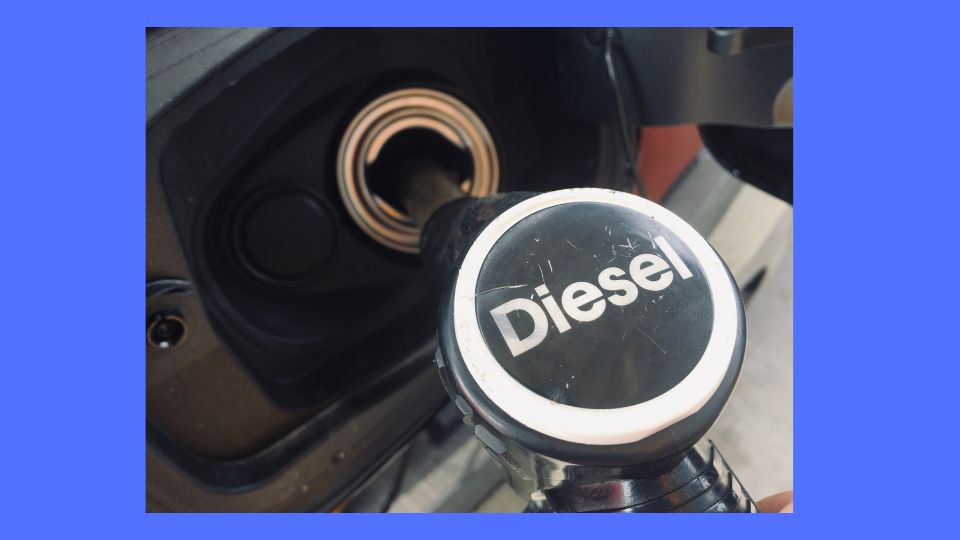Various innovations such as the use of diesel additives have taken place in diesel engine technology, making it more efficient. Such an efficient engine requires high-quality diesel fuel that can withstand the high demands of the latest diesel engines to offer the best performance and fuel economy. Reducing diesel engine emission emissions has led to the production of low-sulfur diesel fuel.
The refining and modifications made to the diesel fuel have made it lose its ability to lubricate your engine naturally. To restore the lubrication nature of diesel fuel, you have to use sophisticated additives to improve the performance of your engine.
Should I Use it?
Many people believe that diesel additives improve your diesel engine’s performance and fuel economy. But, in reality, diesel additives offer a wider range of benefits. When deciding about the benefits of using diesel fuel additives, consider the issues that can result from substandard and the use of untreated diesel. These are the most common issues worth knowing.
Corrosion and Contamination
Diesel fuel degrades when it sits in your fuel tank for a long. When this happens, it leads to the accumulation of excess water in your system—the moisture within your fuel results in the accumulation of contaminants such as dirt particles and bacterial microbes.
The contaminated fuel interferes with the combustion rate in the cylinders and can also damage your engine. Excess water in the fuel leads to rust and corrosion in your fuel system.
Engine Vibration and Wear
Untreated diesel fuel triggers excess abrasion and wearing of the engine parts. When this happens, the operation cost of your engine goes up as you will need to replace the parts more often.
Starting Issues
The initial ignition of heavier fuel is difficult compared to a lighter one. Although all engines experience starting problems, they become rampant when using untreated diesel. Incomplete or poor combustion in the engine leads to high fuel consumption, low power, emission of much smoke, and deposit formation on various engine parts.
Cleanliness
The excess deposits from untreated diesel can clog the fuel line, interfering with the fuel flow from the tank to the engine. When this happens, your engine will wear out, leading to costly and time-consuming repairs. Fuel additives reduce the accumulation of deposits and prevent diesel fuel from becoming thick when it sits in the tank for longer periods.
Using untreated and substandard diesel fuel has the above drawbacks to your engine. Consider using diesel additives as a preventive method instead of spending time and money repairing damages resulting from untreated diesel fuel. Diesel additives enhance the quality and aid in the following.
- Additives reduce the cost and time wastage on engine repairs.
- Keeps your diesel clean and efficient.
- It improves combustion and prevents problems related to starting your engine.
- It reduces the wear and tear of the engine components.
Conclusion
Diesel fuel is popular due to several advantages in comparison to petrol fuel. It can generate much energy and also offer protection to the engine. When using diesel fuel, it is essential to use a treated one. Untreated diesel exposes your engine to various risks worth avoiding.

